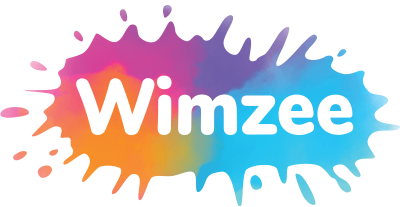Music education in child development boosts cognitive skills, emotional growth, and teamwork. It enhances memory, attention, and math skills while offering a creative emotional outlet. Kids learn cooperation and build friendships in music classrooms and preschool settings. Early exposure to music fosters language development, social interaction, and confidence. Encourage musical exploration at home for a fun, enriching experience!
Hey there, super parents and creative minds! 🎶 Ever thought about why your kiddo should pick up an instrument or belt out a tune? Let’s break it down in a fun, relatable way. Music education isn’t just about notes and rhythms. It’s about boosting brains, growing hearts, and making friends.
Brain Power Boost
Heard of the Mozart effect? Playing Mozart for your baby might not turn them into a genius overnight, but music education can seriously pump up their cognitive skills. Kids who dive into music see improvements in memory, attention, and even math skills. Imagine your little one solving math problems like a mini Einstein, all thanks to their piano lessons!
Emotional Growth
Music is a language of the heart. When kids express themselves through songs or instruments, they learn to channel their emotions creatively. This emotional outlet helps them manage stress and build empathy. Remember those days when you felt all the feels as a teen? Music can be a healthy way for kids to navigate their emotions.
Teamwork Makes the Dream Work
Playing in a band or singing in a choir isn’t just fun; it’s a team effort. Kids learn to listen, cooperate, and support each other. This collaborative environment fosters social skills and builds friendships. So, next time your kiddo is jamming with their buddies, know they’re also learning valuable life skills.
Music Theory at Home
Incorporating music theory into your home lessons can be a blast! Use colorful notes and interactive games to teach basic concepts. Turn your living room into a music classroom. Get creative with how you teach scales and chords. Your kid will be learning without even realizing it!
Creating a Music-Rich Environment
Fill your home with music! Play different genres and talk about what you hear. Encourage your child to explore various instruments. You don’t need a grand piano; even a simple tambourine or recorder can spark interest. Make music a part of your daily routine and watch your child's curiosity and creativity bloom.
Music in Preschool and Classrooms
Starting early is key. Music in preschool settings aids in language development and social interaction. Music classrooms in schools provide structured learning and expose kids to different musical styles and histories. The earlier they start, the more profound the benefits.
School Achievement and Confidence
Music programs support kids and inspire them to learn as much as they can to be the best students they can be. Music program events like talent shows and concerts let kids perform on stage and show the world their skills. They receive a confidence boost by creating and performing the results of hard work they can be proud of.
Artistic Careers
Kids who cultivate an appreciation for music from a young age and continue this endeavor through to adulthood might consider a music-related career. Studying music instills in kids the discipline they need to help them navigate challenges while pursuing their passions.
Music in Sensory Play
Kids use their senses to explore the world around them. Creating and listening to music are sensory tasks. Play is a perfect opportunity for spontaneous learning. When kids play, they rarely notice that they’re actually learning and growing as well.
Music education in child development is like giving your kid a superpower. It sharpens their mind, nurtures their soul, and connects them with others. So, grab that guitar, hit the play button, and let the magic of music fill your home. Keep rocking, creative family! 🎸✨




